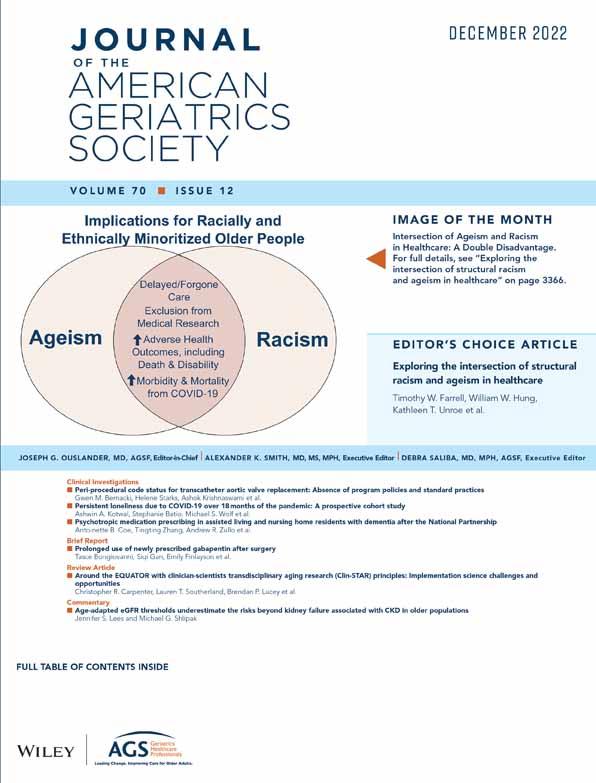Headline
A home-based primary care program reduced hospitalization rates and improved satisfaction of care for homebound older adults.
Background
Home-based primary care can reduce barriers to health care for homebound older adults. This study measures differences in satisfaction with care, quality of life, hospitalizations, and emergency department visits between groups who received either home-based or in-office primary care.
Findings
Participants were randomly assigned to receive home-based primary care or in-office care as part of a program in New York City. Between February 2017 and July 2019, home-based primary care participants had 17% fewer hospitalizations and reported two times higher satisfaction with their care when compared to those in the in-office care group. Advance care planning was also higher for the intervention group, as providers recommended that participants and their caregivers identify and document treatment preferences for future care. The study ended early due to the number of deaths reported in the home-based primary care group; however, these deaths were not attributed to the individuals’ participation in the program.
Policy/Program Takeaways
Home-based primary care can improve acute care outcomes for homebound older adults. This study, as well as this systematic review, can be used by health care providers and health systems interested in implementing this approach within a practice or care team.

